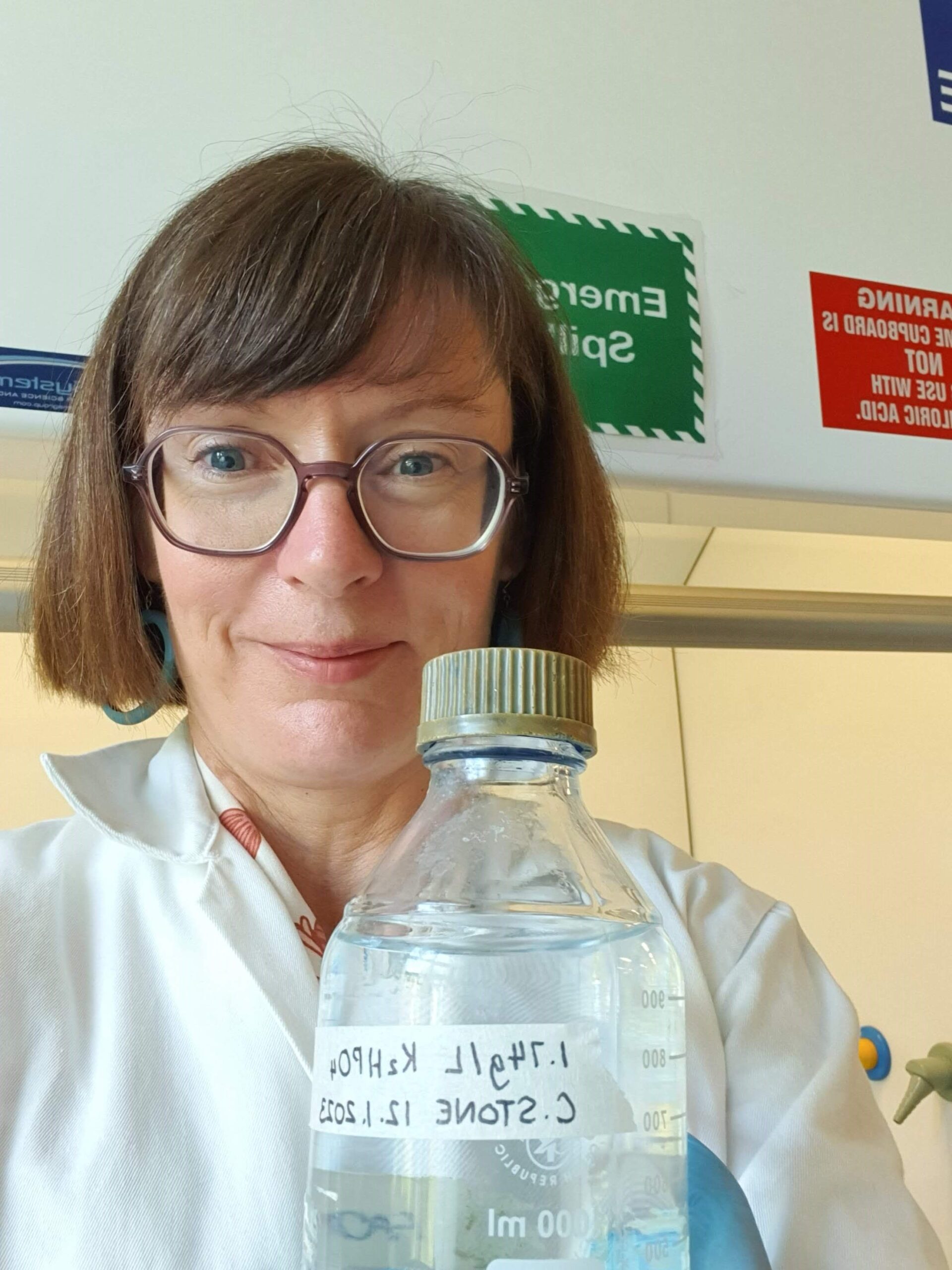
As Flinders University celebrates 30 years of teaching Environmental Health in 2024, we spoke to graduate Catherine Stone (BSc ’98, BNg(GradEntry) ’01, BEd(JP/P)(Hons) ’06, GradCertEd ’09, GradDipEnvHlthPrac ’23) about her journey into the field and the role Flinders played in getting her career to this point.
What is your current role and responsibility?
Circular Economy Officer for the Adelaide Hills Region Waste Management Authority. My role is to ensure that waste items from four South Australian councils are recovered, recycled or disposed of safely and responsibly. Those items range from materials that are put into kerbside bins, to items which would be polluting if placed into landfill such as batteries, paint, X-Rays, household chemicals and eWaste.
What do you like most about what you do?
Every day is different and I am able to work with a diverse range of people. I might spend one day looking at the financial implications of changing an operational practice, the next day presenting and answering questions with a community group and the following day meeting with a consultant to plan a project. I get a lot of satisfaction from knowing that my work is making a difference to reducing pollution and greenhouse gas production and improving quality of life for South Australians.
What is the achievement you are most proud of?
My proudest moments are when I see members of the community feel empowered to make small, positive changes to their behaviours. Many people that I meet and speak with feel overwhelmed by how to correctly sort waste materials in their home. I am glad to answer their questions and show them how their actions fit into the larger picture of resource recovery and waste management. Seeing their attitude shift from pessimism or confusion to optimism and engagement is a real buzz!
Is there any experience from your time at Flinders that has had a lasting impact on you professionally or personally?
I am constantly grateful for my Graduate Diploma in Environmental Health! Whilst studying, I was most interested in anything relating to environmental sustainability, for example, waste water management and toxicology. I am still driven by this. However, learning about how government works has been key to my role; exposure to local government documents, the Environmental Protection Act and associated regulations, how the three tiers of government interact and the responsibilities of working for the community. That learning was invaluable.
What are your thoughts on the future trajectory of Environmental Health 30 years from now?
The intersection of environmental sustainability and human wellbeing will be an increasingly important realm in the future. I am seeing a demand for the knowledge, skills and experience that Environmental Health brings across the waste and resource recovery industry, disaster management and climate change adaptation. Being able to understand the scientific reasoning for decision making and communicating across the community are skills that are highly valued. Remember the decisions that had to be made and communicated during COVID? Bush fires in the Adelaide Hills? Flooding along the Murray River? Groundwater contamination on old factory sites? Asbestos contaminated mulch in Sydney? People with Environmental Health knowledge are key!
What advice do you have for your younger self, or for students beginning an allied health career?
Firstly, great choice! Look for mentors by doing work experience. I was lucky to find a number of people who have provided invaluable guidance and support. Every one of them was passionate about a different area of Environmental Health and they can help you to find the area that you’re passionate about, too. Ask to work shadow EHOs in rural regions, even if it’s only for a day or two. You’ll learn a lot about how valuable Environmental Health is to quality of life. Ask them to take you to the local Waste Transfer Station and Water Treatment facility. Ask them to introduce you to the person overseeing waste management. Go along to Environmental Health Australia’s Special Interest Group meetings because they help you to understand the scope roles available and how they sit in the bigger picture of local and state government. Finally, soak up all of the learning you can during your studies in Environmental Health. The teaching team have a diverse range of experience and research fields and do a great job finding case studies and relevant material for the course. You’ll never look at a raw egg the same again!
Catherine Stone is looking forward to celebrating 30 years of Environmental Health being taught at Flinders University.

